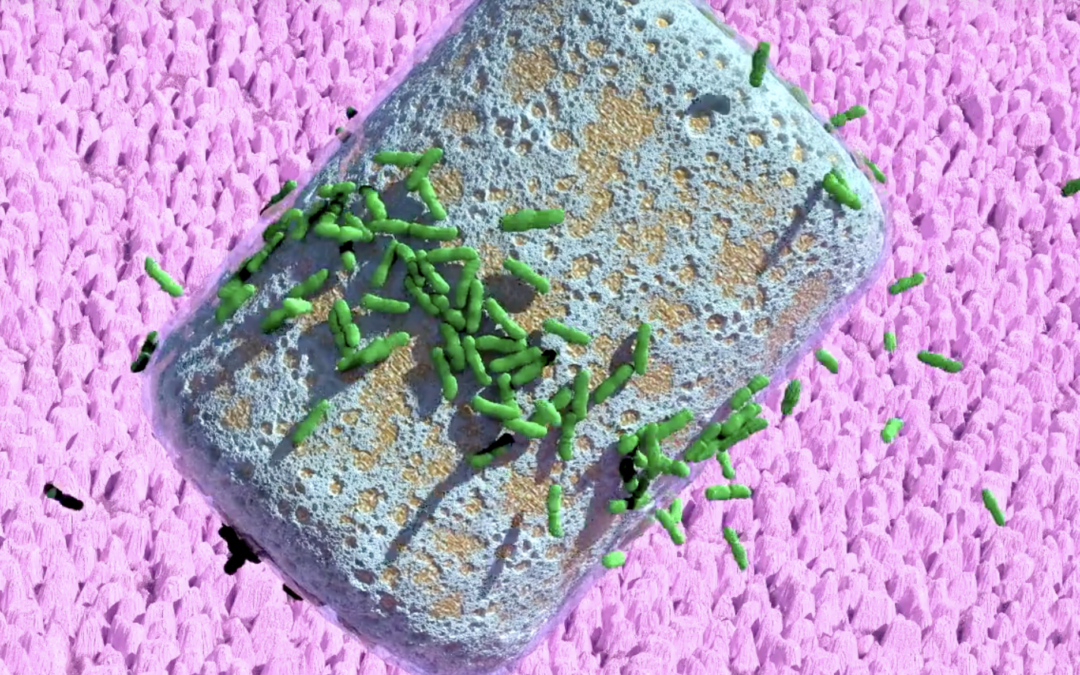
Rules of Reduction
Robert’s Rules of Reduction (of processed food, that is)
I’ve spent the last 25 years investigating the causes and treatments of chronic disease
(obesity, diabetes, fatty liver disease) in children and adults. I can sum up my research career in three simple precepts:
- It’s the insulin, stupid.
- It’s the sugar, stupid.
- It’s the lack of fiber, stupid.
All of this has led me to determine that our processed food diet is the primary culprit. It is high-sugar, low-fiber, toxic, addictive, ubiquitous, and detrimental to society. Therefore, I’ve dedicated my efforts to reduce its impact on people and the environment.
I’ve also determined that processed food is not going away, no matter how I may want it to. Partly because it’s cheap, partly because it’s convenient, and partly because it’s addictive.
I’m for fixing the problem any way I can. Society can do this in two ways:
- Reduce the availability of processed food.
- Reduce the harm of processed food.
Reducing availability is problematic, as the industry keeps pushing it, the public keeps demanding it, and the government keeps ignoring it. I’m doing what I can, most recently publishing a white paper to provide a roadmap for processed food reduction.
But reducing harm may be a bit easier. To help sick people get better, I’ve teamed up with a group of materials science engineers to develop a proprietary fiber that will absorb sugars in the intestine, thus protecting the liver and feeding the gut, thus mitigating some of the toxic effects of processed food. The company is called BioLumen Technologies. It is very exciting and has generated interest within the processed food industry, most recently PepsiCo.
Some may question this strategy, as it would seem to be the antithesis of my message, and it looks on the surface like a “get out of jail free” card to patients, a “carte blanche” to the industry, and like I am “selling out”. Not true. You can’t let the perfect be the enemy of the good. People are hurting, people are dying, and COVID is making it worse. To stick to “principle” is to turn my back on these people. I’ve never taken a dime from the food industry, and I’m not starting now. I derive no salary from BioLumen, and I am not on Pepsi’s payroll. I’m just trying to fix the problem any way I can, using my research, knowledge, and expertise.
This fits well within my Hippocratic Oath and my oath to you, the public. Fix the problem. But you can’t fix a problem if you don’t know what the problem is. Everything I have learned so far in this amazing journey tells me that I do. If the processed food and beverage industry can figure it out too, then all to the better.



Recent Comments